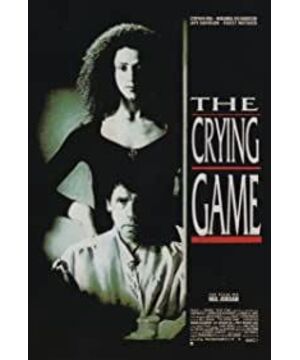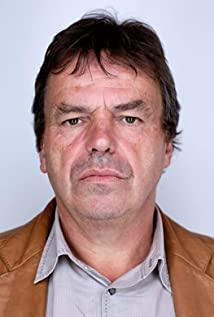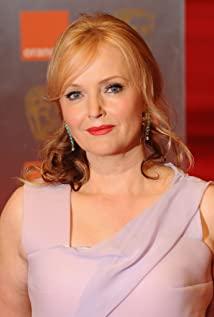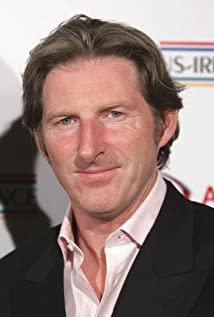At the story level, the main body of the film—the Republican member Fergus—is actually dealing with two "men": Jody and the transvestite Deere, or more precisely, he is Through one of them—Jodi evoked his nostalgia for a beautiful and peaceful life—and found the other—Dill, who "every man desires". However, through flirting and seduce each other, once Fergus and "she" instinctively establish a kind of affection, especially when he discovers that Dill actually has the same body structure as himself, Fergus— -This Northern Ireland freedom fighter/ethical world has always been correct white people/heterosexuals who self-confessed to normal sexual orientation. As a white person, the sense of superiority and mission is spontaneously accompanied by physiological reactions. At this time, he dignifiedly returned to the mainstream ideological text: not only did he no longer have to feel guilty for the nightmare Jodi, he was no longer an alien who fell in love with a black man, especially the man who was still the lover of his friend. The lover, instead, turned into a savior: as a normal white male with lofty ideals of fighting for the nation, he needs to defend his orthodoxy with a gesture of rejection, and then help Dill, the lost lamb, return to God’s Around. As a result, Fergus, who has washed away the suspects of the derailed, is at most as the image of the seduced, which coincides with the inner forgiveness of the white world for his "wrong way". And the image of the truly derailed person inevitably fell on Dill.
Teacher Dai Jinhua said that in contemporary Western society, it is the peer lovers of minority groups who act as the castaways and deraileds of secular morality and ideology, and become the sordid whispering and suggestive gazes conveyed by them. Dirty secret. The image of Dier here has become a persistent rebellion, even with a bit of madness. And the motives of all this point to the purest human emotion-love. Whether it is to the dead Jody or the so-called "Jimmy". It is worth noting that Deere’s love is actually based on a lack of security. It is his son’s cult of patriarchy, "You are good to Deere, and Deere is yours."
According to Foucault, any society has a "different space" that is marginal, subversive, and at the same time has the function of refracting social culture. Although this space is outside the mainstream values, it can project alternative content beyond the superficial prosperity of human civilization. It can also outline the life and death beliefs, culture and art, historical concepts, political power, and legal thoughts of human life. Therefore, Diehl, who exists in heterogeneous spaces such as hair salons and gay bars, is the best candidate for the off-track film. It is the existence of these derailed persons that enable the defenders to establish their purity and sacredness.
At the same time, we saw that although Fergus no longer resisted his feelings with Dier in the end, Fergus did not accept the certain words of homosexuals from beginning to end. In contrast, Diere is obviously placed in the position of a maneuvered, and can make any sacrifices for the love, whether it is the subversion of appearance or even life. Therefore, although the film is nominally listed as the "Top Ten Gay Movies", it is an out-and-out anti-gay theme. The sacrifices Fergus made for Deere can be seen as a debt to Jody’s death, which passed on his feelings for Deere from Jody’s body, and the other can be regarded as his own. Salvation. What's more, Ireland is the most conservative Catholic country in Europe, and "love" is where its divine purpose lies. The director's description of Fergus' love for Deere can also be seen as beautifying and disguising his superiority.
We can even try to strip off the coat of warmth at the end. It is especially obvious that although this rather romantic scene touched many viewers, the choice of its location was in the prison—not the free sea and the sky, but the cold state apparatus of the regime that Fergus was fighting against. So this superficial warmth has become vain. That so-called nature is just a means to divert attention. At this time, British gentlemen can breathe a sigh of relief. The Northern Irish Republican Army/The lost lamb who fell into heterosexuality and homosexuality has been thrown into prison by the government, and Dill’s social identity, along with his love and persistence to Fergus, also Incorporated into prison.
View more about The Crying Game reviews











